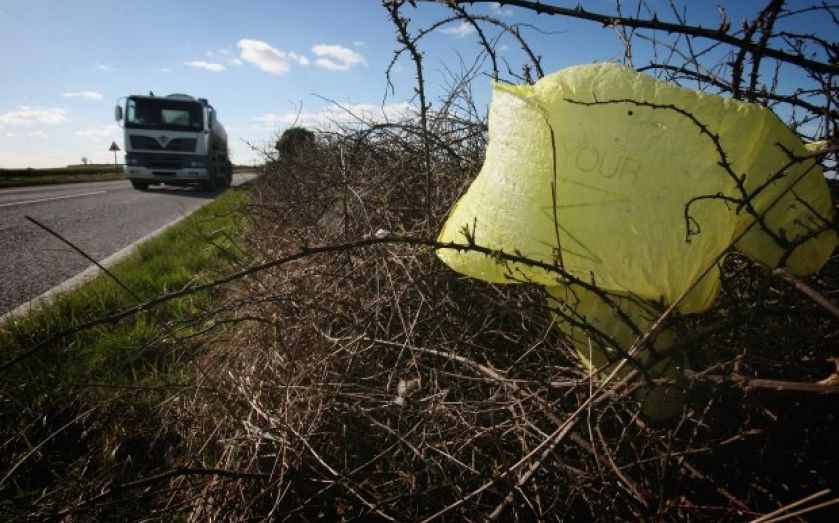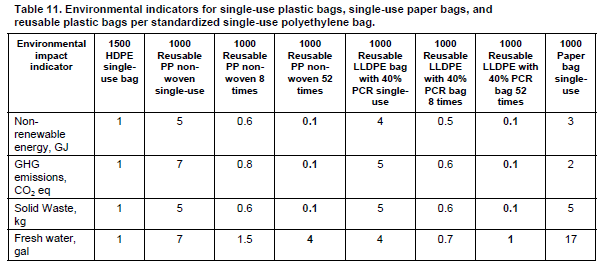EU politicians are set to pass their filthiest law yet

The European Parliament takes one step closer in its efforts to curb the use of plastic carrier bags today.
Environment commissioner Janez Potocnik has celebrated parliament voting on a proposal to reduce their use by 80 per cent.
Potocnik pointed to the growing consumption of plastic bags as demonstrating "a reckless waste of resources" and as "a symbol of our throw-away society and unsustainable lifestyles."
He's right to say that they pose risks to wildife, especially marine environments, but he doesn't pause to think about the unintended consequences such laws might have for human health, or consider what more environmentally troubling alternatives may emerge.
Where the disposable bags have been limited in California and Arizona, reusable ones have taken their place. One 2011 study found that of those, larger numbers of bacteria are present "in almost all … and coliform bacteria in half." People tend not to wash their reusable bags, and the conditions they're stored in – often warm car boots – are ideal breeding grounds for pathogens. In 2012, one reusable grocery bag led to a norovirus outbreak in Oregon.
The authors of the study state that when meat juices were added to the bags, and stored in car trunks for two hours, "the number of bacteria increased 10-fold, indicating the potential for bacterial growth in the bags." And the research also notes that while washing can eliminate 99.9 per cent of bacteria, the bags are in practice "seldom if ever washed".
Where people don't shift to reusable bags, then brown paper bags are an obvious substitute. And various studies have confirmed that paper bags take up more landfill, and require more energy and water to produce than their plastic counterparts. Truth is, the plastic bag is so popular because it happens to be cheap and functional. Its predecessor is garbage by comparison.
Apparently we're not quite onboard enough with the measures yet. People may talk about wanting to reduce plastic bag consumption, but they don't actually do it. Potocnik says that public opinion in on the side of bag reductions, but "public behaviour change needs a nudge."
Unfortunately for us, Potocnik's well-intentioned nudging might have some pretty foul consequences.
